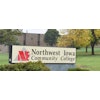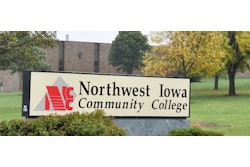When student James Valinoti was checking out nursing programs, his list included Duke and Johns Hopkins universities and the University of Pennsylvania. As a lawyer who earned his MBA from the Massachusetts Institute of Technology, he was well aware of how diplomas from prestigious schools could help land good jobs, especially when changing careers. He eventually enrolled in a program in which he hopes to become a registered nurse by December 2008.
Where is he studying? At a community college.
“If I didn’t think I could get work after graduation, I wouldn’t be here,” says Valinoti, who’s attending Bunker Hill Community College in Boston.
Indeed, growing numbers of people like him with bachelor’s and even advanced degrees are using two-year colleges as a form of graduate school. It defies the stereotype of community college as a place of last resort, and counters the norm of the first-time college students earning an associate degree and then transferring to a four-year institution.
“These are very impressive students,” says Bob Miller, chairman of the counseling department at Mission College in northern California. “They’re coming back to school with definite goals in mind, not pressured by parents, not looking for a social scene.”
For the experienced, returning student, the appeal of a community college is wide. Tuition is a fraction of what they would pay at universities. Academic programs that the students enroll in typically boast high placement rates into living-wage jobs after only a year or two, compared to the longer path at universities. And community colleges are so numerous and conveniently located that some students work full time while enrolled.














